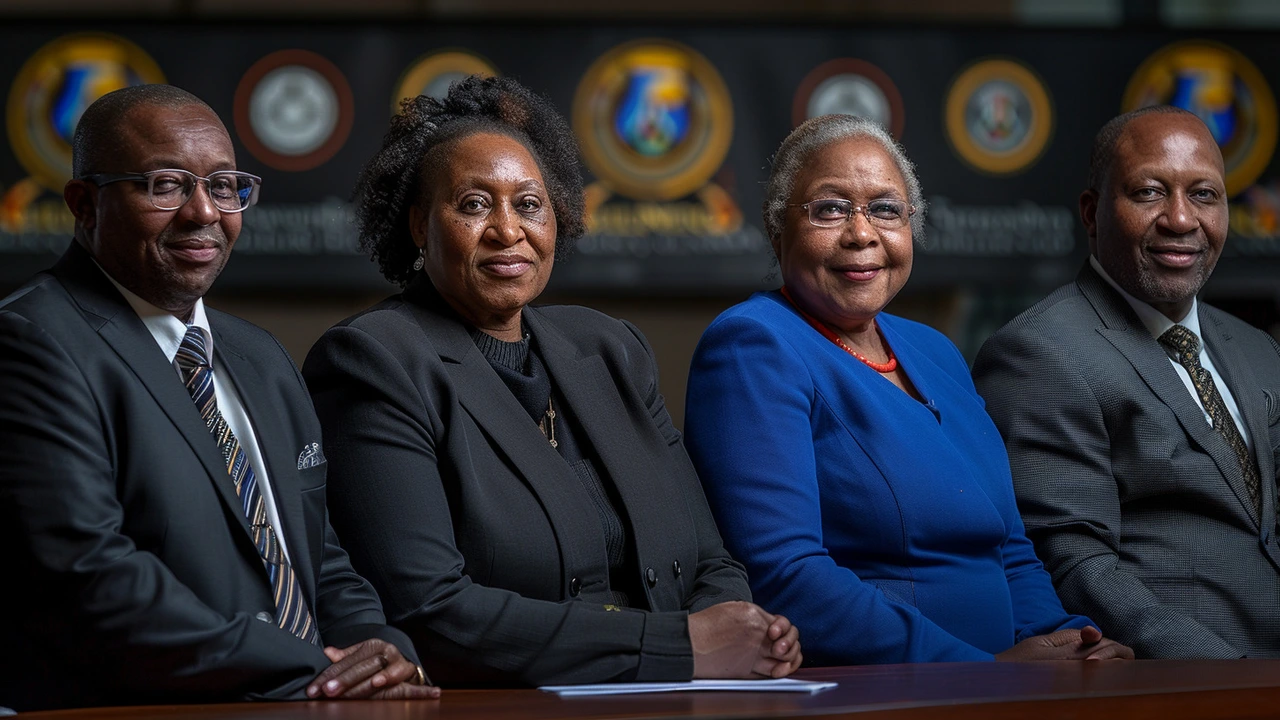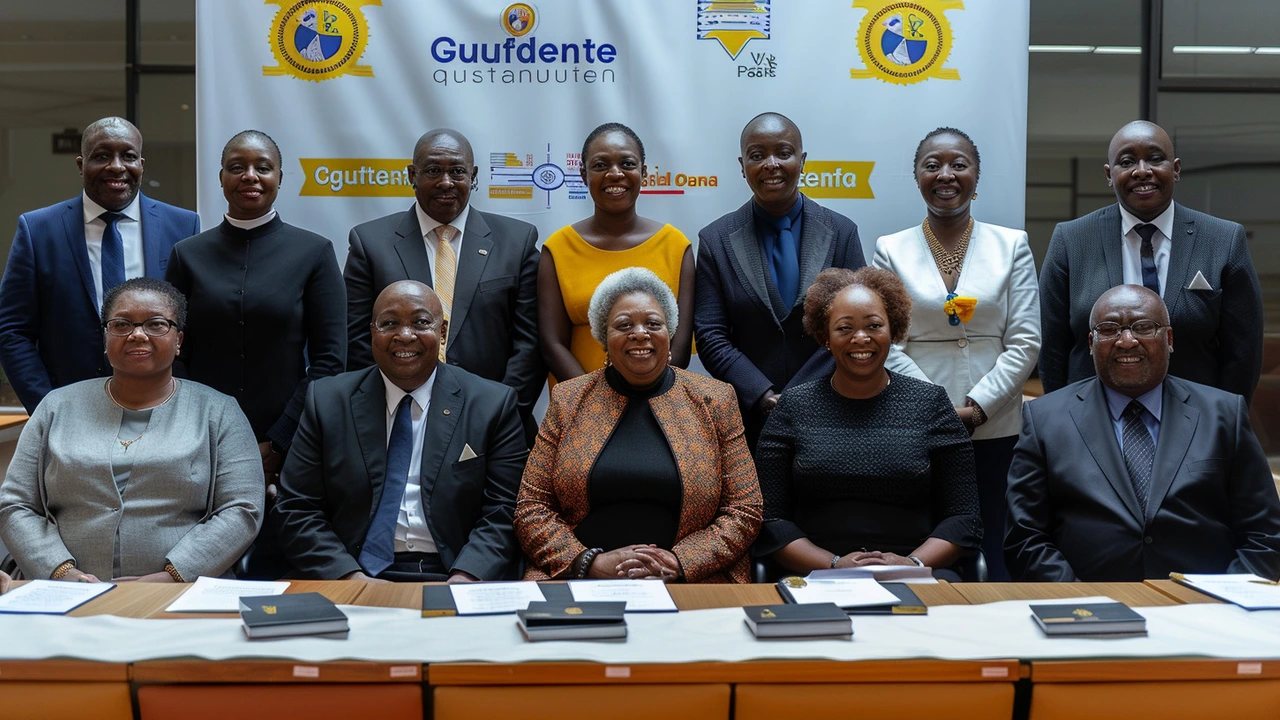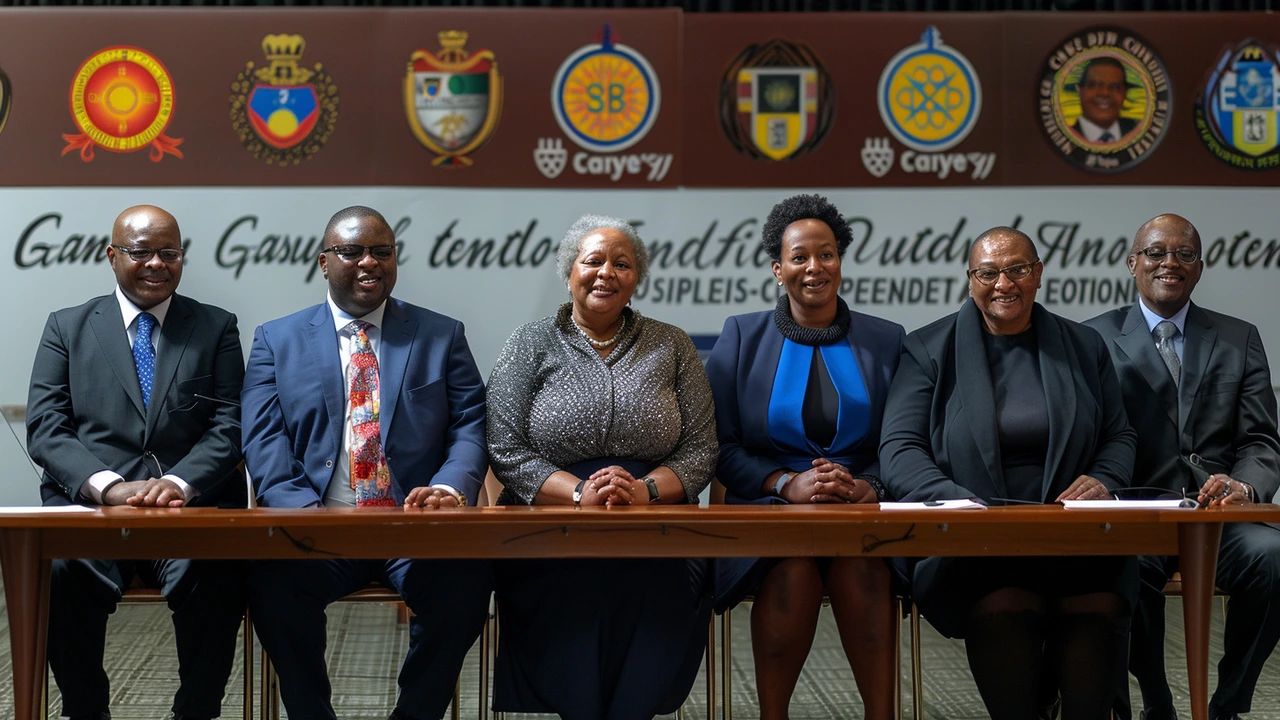Introduction
Gauteng Premier Panyaza Lesufi is facing widespread criticism following his contentious decision to reappoint leaders from the previous administration to key positions in his provincial cabinet. This move has led to fears that service delivery in Gauteng, South Africa's economic powerhouse, will remain stagnant. The criticism comes from various quarters, including opposition political parties such as the Democratic Alliance (DA) and the Economic Freedom Fighters (EFF), as well as political analysts and concerned citizens.
Background of the Appointments
Panyaza Lesufi’s cabinet includes seven crucial portfolios, notably treasury, economic development, health, and human settlements. These sectors are integral to the province's functioning and directly impact the daily lives of its citizens. However, opposition parties and political analysts argue that the appointment of the same old leaders, who were part of the previous administration, signifies a lack of new vision and ideas needed to drive substantial progress.

Reactions from Opposition Parties
The Democratic Alliance (DA), which received a significant 36.4% of voter support in the recent elections, has openly declined to take up seats in the cabinet. Their refusal stems from disagreements over the number of positions and how they would be distributed. The DA has been vocally critical of Lesufi's decision, arguing that the reappointment of 'failed leaders' will not bring about the much-needed change for the residents of Gauteng. The party believes that new leadership is essential for addressing the province's longstanding issues and for the improvement of service delivery.
On the other hand, the Economic Freedom Fighters (EFF) have a dual stance. While they commend Lesufi and the ANC for resisting the DA’s demands, they too criticize the reappointment of leaders from the previous administration. The EFF's position reflects a broader sentiment that the old guard lacks the innovative thinking and commitment required to tackle Gauteng’s pressing issues effectively.
Concerns from Political Analysts
Political analysts have echoed the opposition's concerns. They argue that the new executive may not bring about any real change in governance and that the reappointment of old leaders does not inspire confidence in a transformative agenda. Analysts point out that leadership continuity often means a continuation of past failures and inefficiencies, rather than a fresh and dynamic approach to public service.
These apprehensions are rooted in the province's recent history, where challenges such as poor infrastructure, inadequate healthcare services, and housing shortages have continued to plague residents. Analysts emphasize that significant changes in leadership and a shift in policy direction are necessary for meaningful progress to be made. Without these changes, they warn, the province might be set for more of the same stagnation.

The Gauteng Government’s Defense
In response to the backlash, the Gauteng government has ardently defended its appointment decisions. They assert that the reappointments are not a sign of backward movement but rather a testament to the resilience and stability of the democratic nation. According to them, these leaders bring invaluable experience and should not be dismissed purely based on their history with the previous administration.
Government spokespersons have also highlighted ongoing initiatives aimed at improving service delivery, arguing that the continuity in leadership will ensure that these initiatives are seen through to completion. They argue that the reappointed leaders have a track record of resilience and experience that will ultimately benefit Gauteng’s citizens.
Impact on Service Delivery
Service delivery in Gauteng has been a contentious issue for years. The province, which contributes around 40% to South Africa’s GDP, is home to millions who depend on efficient government services. Poor infrastructure, failing healthcare systems, and housing shortages are just a few of the issues that have continued to pose significant challenges. Critics argue that without fresh perspectives and new leadership, these persistent problems are unlikely to be effectively addressed.
Opposition parties and analysts are particularly worried that the reappointment of leaders who were previously unable to resolve these issues sends a bleak message about the future. They argue that the failure to bring in new talent and ideas risks continuing the cycle of inadequate service delivery, leaving residents to face the same problems with no end in sight.

The Role of Citizen Voices
Gauteng’s citizens have not remained silent in the face of these political developments. Public opinion is deeply divided, with some residents expressing support for the experience and continuity promised by the current appointments, while others voice strong discontent and demand new leadership. Citizenry engagement plays a critical role in shaping political decisions and ensuring that leaders are held accountable.
There have been calls for increased transparency and active community involvement in decision-making processes. Residents argue that their lived experiences and grassroots perspectives are invaluable for developing effective policies and ensuring that government actions reflect the genuine needs of the populace.
Looking Ahead
As Gauteng moves forward under Lesufi’s administration, the province stands at a crossroads. The decisions made today will have far-reaching implications for the future of its citizens and the overall growth of the region. While the current reappointments offer some degree of continuity, the question remains whether this continuity will translate into concrete improvements in service delivery and quality of life for residents.
The political landscape in Gauteng is undoubtedly complex, with various stakeholders pushing for different outcomes. Whether or not Lesufi’s cabinet can rise to the challenge and deliver on its promises is something only time will tell. For now, the eyes of South Africa are firmly fixed on Gauteng, watching closely to see how this administration navigates the road ahead.


Author
Ra'eesa Moosa
I am a journalist with a keen interest in covering the intricate details of daily events across Africa. My work focuses on delivering accurate and insightful news reports. Each day, I strive to bring light to the stories that shape our continent's narrative. My passion for digging deeper into issues helps in crafting stories that not only inform but also provoke thought.